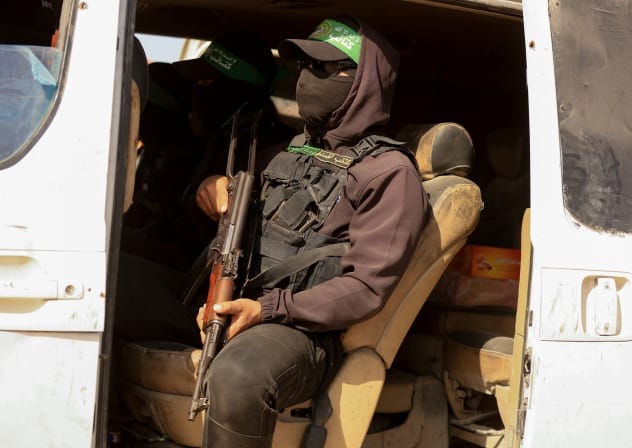Northern Israel’s 1st padel club launches
Located next to the Great Shape Country Club, the new complex positions Nesher at the forefront of Israel’s padel boom, bringing the internationally popular sport north for the first time.

Located next to the Great Shape Country Club, the new complex positions Nesher at the forefront of Israel’s padel boom, bringing the internationally popular sport north for the first time.




The channel aired additional remarks from Netanayhu as further evidence that senior officials framed the pre-October 7 period around a goal of maintaining calm and avoiding escalation.

Israel's Bazan Group will be responsible for transporting the cargo, according to the report, although authorities have not publicly disclosed this.

Enmity between the prime minister, defense minister, and the IDF chief prevented communication for hours as Hamas was murdering 1200 and kidnapping hundreds in the early hours of Oct. 7.

"We need to be ready for a rise in suicidal ideation for the foreseeable future," said Yael Pomerantz, director of the Health Ministry's suicide prevention unit.

Security officials decided to revoke Nick Kolyohin's inclusion in the prime minister's flight to Washington due to security concerns "that cannot be detailed at this moment," the PMO said.

One terrorist was released from prison in 2024 and will be immediately deported, while the other is due to be released in 2034 and will be deported at the conclusion of his sentence.

Israel Police and Border Police arrested five suspected assassins in the Triangle region, seizing stolen IDF ammo, explosive parts, drugs, and tens of thousands of shekels in cash.

The child was brought across the border in an IDF emergency medical vehicle in serious condition, according to United Hatzalah medics who provided emergency medical care at the scene.

According police, income from cash sales at the store, which was concealed from the tax authorities, was laundered through the suspect's bank accounts by depositing the cash into an ATM at the store

A state comptroller report published last year found that 54% of Arab society reported experiencing symptoms of post-traumatic stress, compared with 32% of Jewish Israelis
